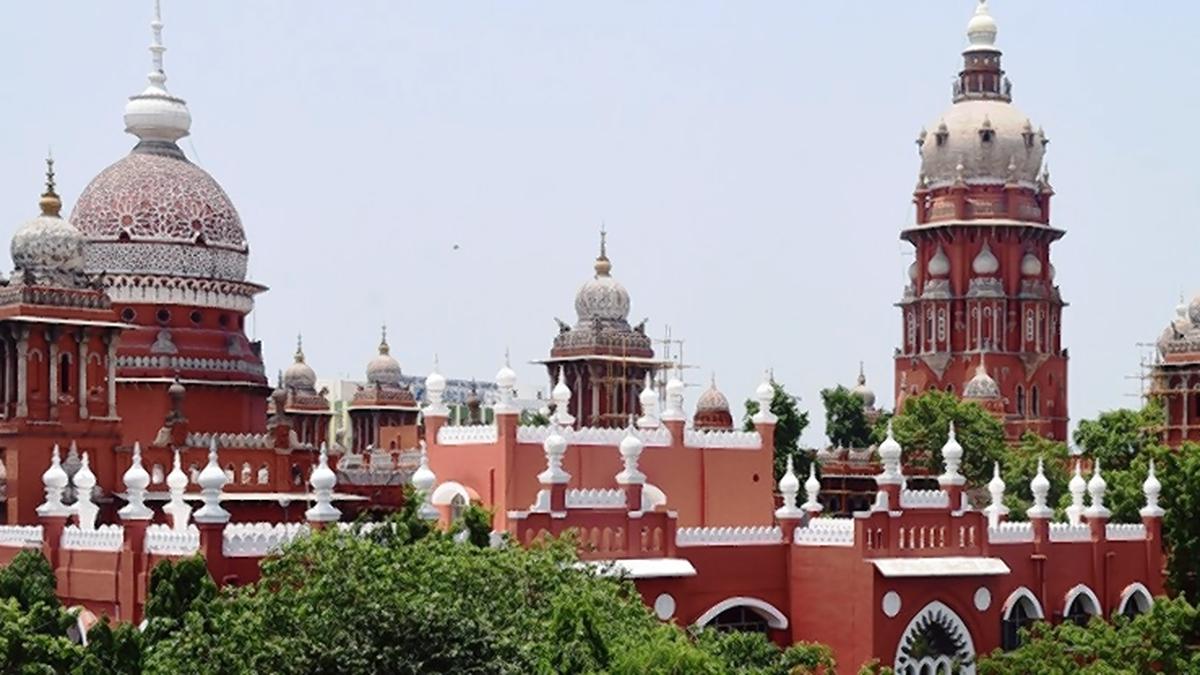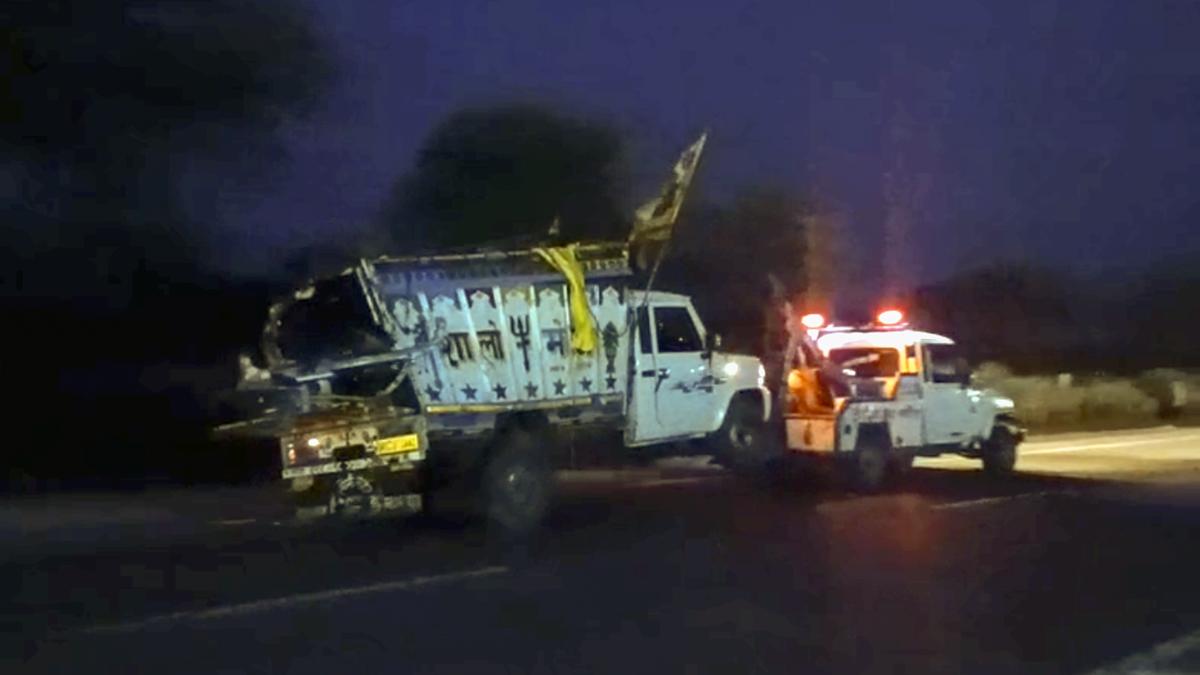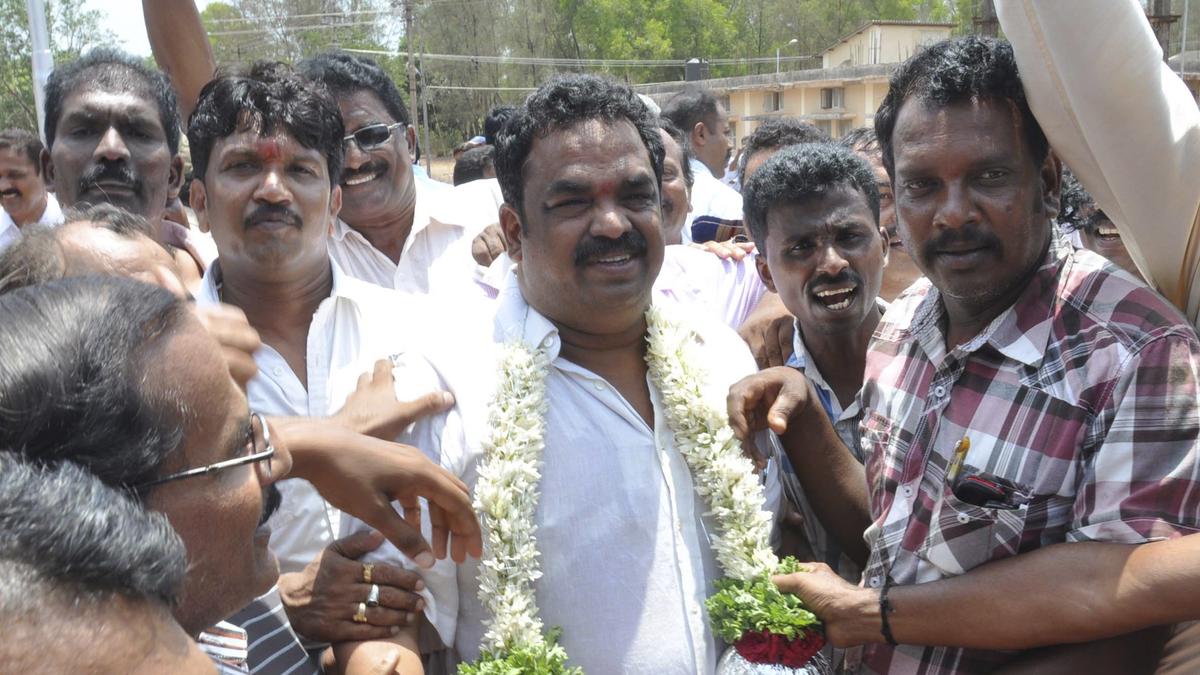Now Reading: Madras High Court Declines PIL Against Retired Judges Making Public Statements
-
01
Madras High Court Declines PIL Against Retired Judges Making Public Statements
Madras High Court Declines PIL Against Retired Judges Making Public Statements

Swift Summary
- The Madras High Court declined a Public Interest Litigation (PIL) to prohibit retired judges from issuing public letters, appeals, or statements aimed at influencing pending judicial proceedings.
- The petition was filed by R. Varaaki of Chennai and dismissed by a First Division bench of Chief Justice Manindra Mohan Shrivastava and Justice Sunder mohan, who stated that no such prohibitory orders could be passed against retired judges as sitting judges are not influenced by such statements.
- Chief Justice Shrivastava termed the PIL as “publicity interest litigation” and remarked that there was no need for outsiders to intervene in the matter.
- The petitioner referred to a recent written appeal involving eight retired judges,allegedly spearheaded by K. Chandru, criticizing an incident where allegations of caste bias were leveled at Justice G.R. Swaminathan.
- One of the eight mentioned retired judges, K.K. Sasidharan, denied being consulted on or consenting to the issuance of this appeal under his name, raising questions about its authenticity.
- The petitioner argued that making such appeals viral on social media appeared like an attempt to influence judicial proceedings and alleged it could weaken institutional confidence in the judiciary’s impartiality.
- In response,the counsel for the petitioner suggested forming a fact-finding committee led by a retired Supreme Court judge to investigate how these appeals originated and circulated.
Indian Opinion Analysis
The madras High Court’s decision underscores steadfast confidence in its sitting judiciary while firmly keeping external interventions at bay. By dismissing what it termed “publicity interest litigation,” the court defended its institutional independence from external influences-even those voiced publicly by respected retirees within its ranks. In doing so, it reaffirmed trust in contemporary judicial processes’ resilience against undue influence.
The PIL’s argument does reflect broader concerns about ensuring both real and perceived impartiality within India’s justice system-a cornerstone for public trust across democracies. Though legitimate these apprehensions might seem regarding publicized letters or coordinated actions affecting ongoing cases may lead society into misinterpreting independent advocacy versus active undermining attempts again extending meaning placed upon verifiably tracing origins clarifies motives levels professionalism consistency safeguarding integrity























